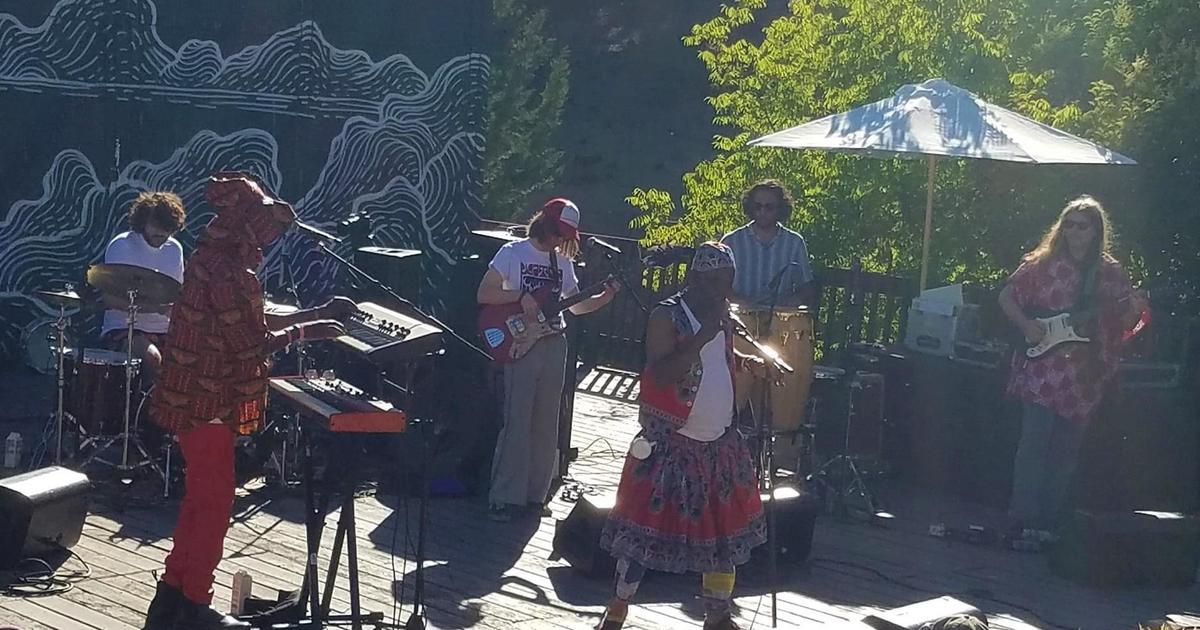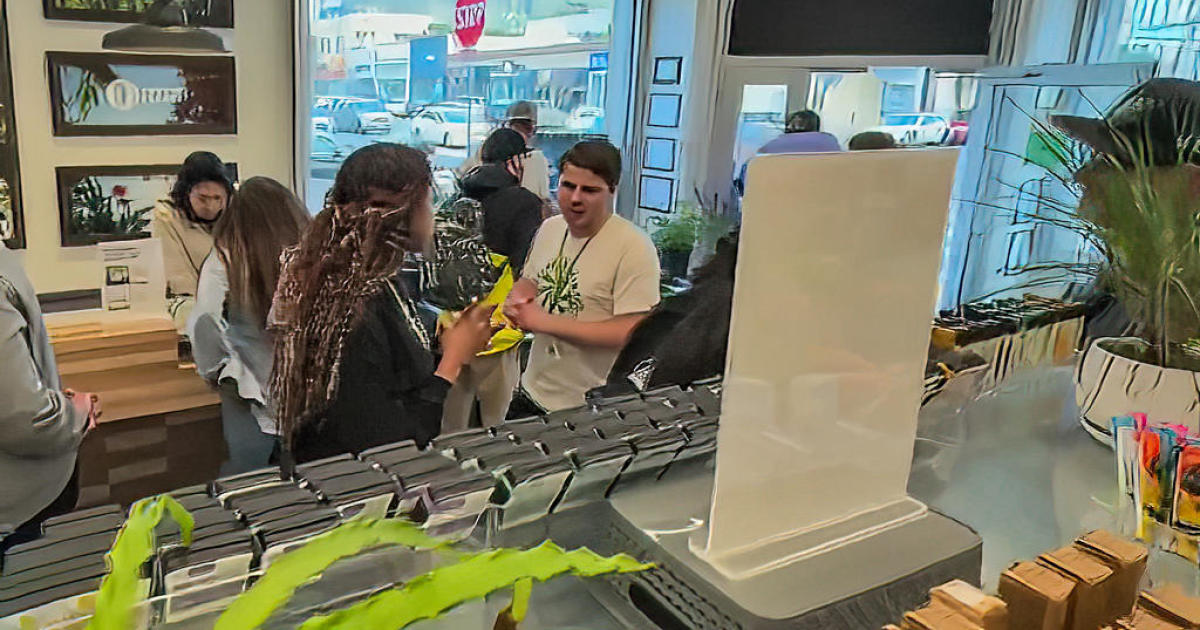Coronavirus Update: Health Officials To Launch Widespread Testing In SF's Mission District and Bolinas
SAN FRANCISCO (CBS SF) -- Public health officials and University of California-San Francisco medical staffers will be launching a widespread testing campaign this week, hoping to determine how many of the more than 5,000 residents in city's Mission District have been exposed to the virus.
UCSF officials said similar testing would also be undertaken in Bolinas.
"All our public health decisions, including when it will be possible to relax regional and statewide shelter-in-place orders, are driven by rough assumptions about how this virus behaves based on very limited data," said Dr. Bryan Greenhouse, an associate professor of medicine at UCSF and a CZ Biohub Investigator. "Studying in detail how the virus has spread in these two distinctive communities will give us crucial data points that we can extrapolate to better predict how to control the virus in similar communities nationwide."
Beginning on April 20, the researchers hope to provide tests over the course of four days for as many as possible of Bolinas's nearly 2,000 residents.
Study participants who test positive for active COVID-19 infection will get immediate follow-up calls from UCSF infectious disease experts, working hand-in-hand with regional public health departments and community groups to assist with the process of facilitating isolation and quarantine.
"People in the Mission have been heavily affected by COVID-19," the flyer explained. "Community-based testing will provide important information to people on whether they have COVID-19 now or have in the past and will help us understand how to stop the spread of the virus."
Stanford University researchers have done a similar widespread COVID-19 antibody testing campaign in Santa Clara County. They have found that among county residents, the infection rate may actually be 50 to 85 times more than the number of local confirmed COVID-19 cases in early April.
The study, led by Stanford Health Policy Dr. Eran Bendavid, estimated that between 48,000 to 81,000 people in the county had likely been been sick with the virus. The study also revealed that not as many people may have immunity to the virus as some experts projected.
According to the study, an estimated 2.5% to 4.2% of residents carry the antibodies and may be immune to COVID-19 -- at least for some period of time. Research is still being conducted to determine whether carrying antibodies gives a person lifetime or temporary immunity or any at all.
"I think we all knew there was a lot of infection going on that wasn't being captured by testing," said UC Berkeley professor of epidemiology Dr. Arthur Reingold. "I always thought the suggestion that 40% to 50% of the population would have antibodies and be immune was not likely to be true."
The San Francisco Mission District testing will be limited to some 5,700 residents who live between South Van Ness and Harrison Streets from Cesar Chavez to 23rd St.
The campaign is a collaboration that includes UCSF medical teams, the Latino Task Force for COVID-19 and the city's public health department and will begin on April 23rd and stretch over three days. Volunteers will visit households from April 23-April 25. There will also be testing sites at Garfield Park, Ninos Unidos Park, Flynn Elementary School and Cesar Chavez Elementary School.
"All community members who are 4 years old and older who live in the study area are encouraged to attend, regardless of symptoms," the flier states.
Click Here To Sign Up For The Testing
As of early Sunday, San Francisco has had 1,157 confirmed cases since the outbreak began with 20 deaths. The city's Hispanic/Latino population accounted for 25 percent of the confirmed cases in the city.



